The 2025 Black History Month theme “African Americans and Labor” explores the vital role of labor in shaping the Black experience. It highlights the many ways Black individuals have contributed to the workforce—both under enslavement and in various paid and unpaid roles—spanning agriculture, union leadership, activism, and community building.
Celebrate Black History Month with our trivia cards! A limited number of printed copies are available on a first-come, first-served basis—so claim yours while supplies last! To request a copy, please contact Judith Guest, Community Engagement & Diversity Coordinator, at 908-527-4388 or via email at Judith.Guest@ucnj.org
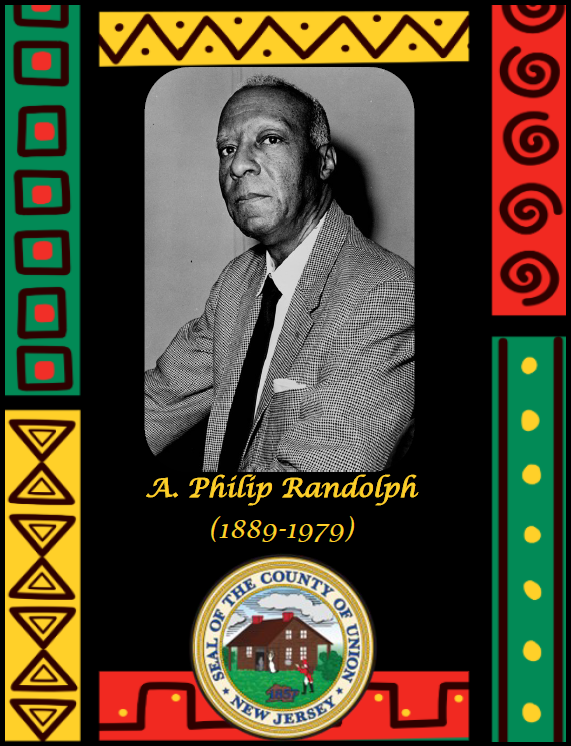
A. Philip Randolph was a key African American labor leader best known for his role in founding the Brotherhood of Sleeping Car Porters (BSCP), the first African American labor union to receive a charter from the American Federation of Labor (AFL) in 1937.
Randolph worked tirelessly to improve the working conditions,wages, and rights of African American workers, particularly in the railroad industry. His leadership also extended to advocating for fair employment practices and fighting against racial discrimination in the workplace.
Randolph played a pivotal role in pushing for the creation of the Fair Employment Practices Committee (FEPC) during World War II, which sought to eliminate racial bias in defense industries.
His efforts were instrumental in merging the struggles for labor rights and racial equality, leaving a lasting impact on both movements.
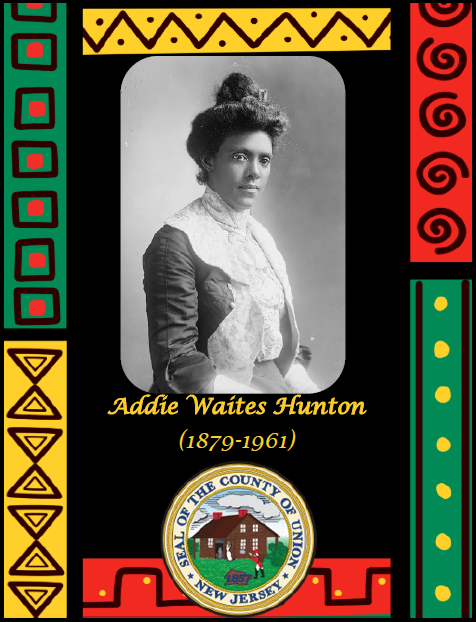
Addie Waites Hunton was an African American activist and educator who made significant contributions to the labor movement and the fight for racial and gender equality. She worked as a field organizer for the NAACP, advocating for fair treatment and opportunities for African American workers.
During World War I, Hunton traveled to France with the YMCA to support African American troops, highlighting the systemic racism they faced both abroad and at home. Through her writings, including the co-authored book “Two Colored Women with the American Expeditionary Forces”, she documented these injustices and called for greater equity in labor and society.
Her leadership in organizations like the NAACP and her advocacy for women’s suffrage further underscored her commitment to improving conditions for working-class African Americans and women.
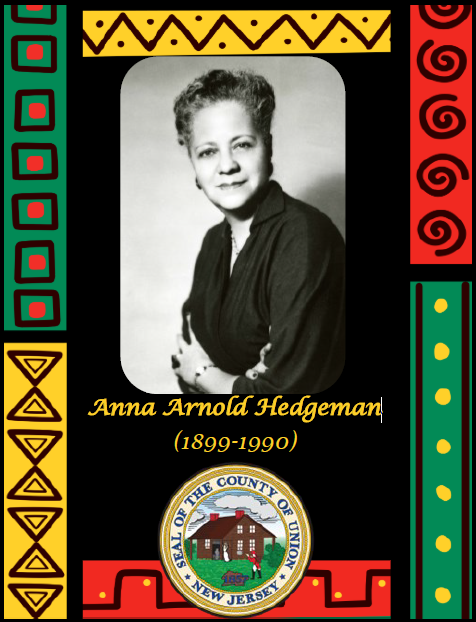
Anna Arnold Hedgeman – A civil rights activist, educator and writer who helped organize the March on Washington for Jobs and Freedom, Anna Arnold Hedgeman was a lifelong advocate for equal opportunity and employment.
She persuaded the organizers to include economic issues in the demonstration (the “Jobs” part) in addition to civil rights. The only woman on the event’s administrative committee, she also fought to ensure women were included in the day’s program .
“Perhaps it is our mission to make clear that hate destroys and that love can bring wholeness to mankind”
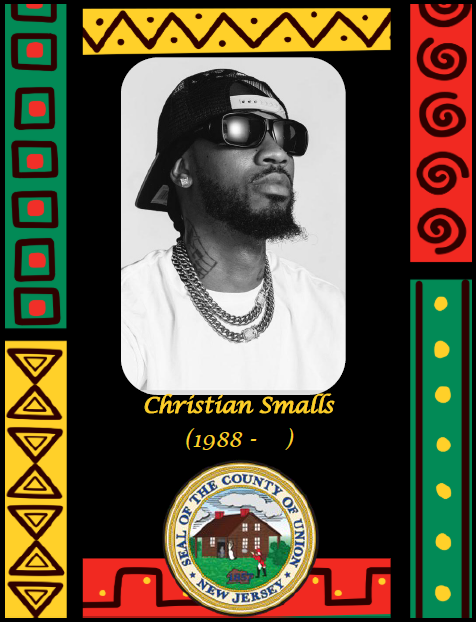
Christian Smalls is a labor activist best known for leading the first successful unionization effort at an Amazon warehouse in the U.S. After being fired from his position as a shift lead at Amazon’s Staten Island warehouse for organizing a walkout to protest unsafe working conditions during the COVID-19 pandemic, Smalls became a prominent advocate for workers’ rights.
He went on to help form the Amazon Labor Union (ALU), an independent organization, and in April 2022, the JFK8 warehouse voted to unionize, marking a historic victory for workers in one of the world’s largest companies. Smalls’ efforts have highlighted the need for better working conditions, fair wages, and labor protections for warehouse workers, drawing attention to the broader movement for labor reform in tech and logistics industries.

Clara Day – As one of 11 children, including three sets of twins she took naturally to collective action and coalition building. As an information clerk at Montgomery Ward, she resented the segregation of white and black employees, which led her to push for change. Clara Day first began organizing co-workers at Montgomery Ward in 1953 and went on to hold several roles in the Teamsters Local 743.
She also helped found the Coalition of Labor Union Women and the Teamsters National Black Caucus. A passionate advocate for labor, civil and women’s rights, she helped bring attention to issues like pay equity and sexual harassment.
“We need to do what is right, not just for women and minorities, but for everyone.”

Curt Flood was a professional baseball player who became a groundbreaking figure in labor rights for athletes. In 1969, after being traded to the Philadelphia Phillies without his consent, Flood challenged Major League Baseball’s “reserve clause,” which restricted players’ ability to move freely between teams.
He refused to report to the Phillies and filed a lawsuit, arguing that the clause violated his rights and antitrust laws. Although he lost the case in the Supreme Court in 1972, Flood’s courageous stand laid the groundwork for the eventual abolition of the reserve clause and the establishment of free agency in 1975, fundamentally changing the power dynamic between athletes and team owners and advancing labor rights within professional sports.
“I am not going to stand by and let them destroy the game. The game is my life.”
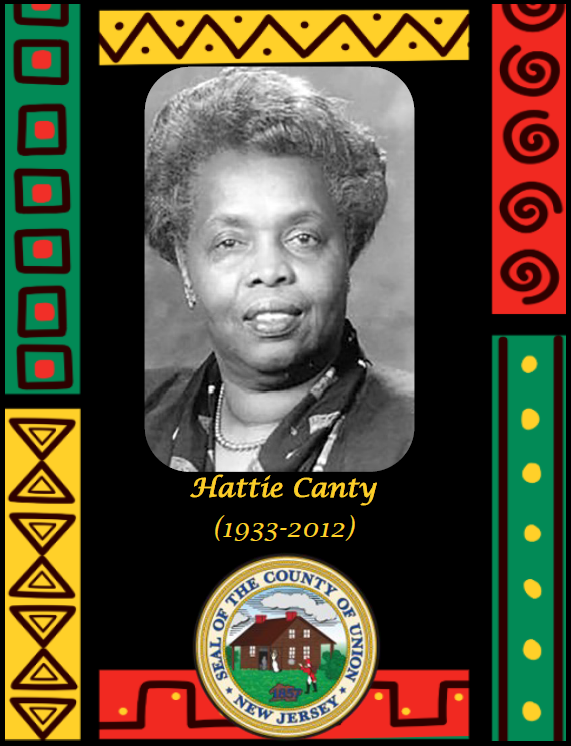
Hattie Canty was a groundbreaking labor leader who became the first African American woman to serve as president of the Culinary Workers Union Local 226 in Las Vegas. Canty was a tireless advocate for the rights of low-wage workers, particularly those in the hotel and casino industries, many of whom were African American, Latino, and women.
Under her leadership, Local 226 grew significantly, securing better wages, healthcare, job security, and improved working conditions for hospitality workers. Canty’s work emphasized union democracy, ensuring workers had a voice in decisions affecting their lives. Her legacy as a labor leader remains central to the history of workers’ rights, especially for marginalized communities in the service industry.

Isaac Myers was a pioneering labor leader and advocate for African American workers during the Reconstruction era. A skilled caulker in the shipbuilding industry, he founded the Colored Caulkers’ Trade Union Society in 1866 to protect Black workers’ rights in Baltimore, marking one of the first African American trade unions. Myers also played a key role in establishing the Colored National Labor Union (CNLU) in 1869, an affiliate of the National Labor Union.
The CNLU sought to unite Black and White workers while advocating for fair wages and labor protection He promoted cooperative ownership among African Americans to combat discrimination and enhance economic independence.
Myers’ leadership in organizing Black workers within the broader labor movement set a precedent for future efforts to bridge racial divides and create greater solidarity and inclusion within the labor force.
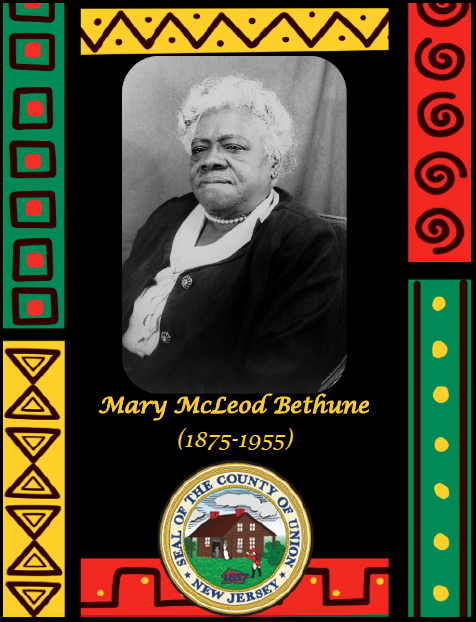
Mary McLeod Bethune was a pioneering African American educator and civil rights leader who focused much of her work on empowering African Americans through education and labor rights. She founded the Daytona Normal and Industrial Institute for Negro Girls in 1904, which later became Bethune-Cookman University, providing African American women with vocational training and opportunities for economic independence.
Bethune also played a key role in advocating for African American women’s labor rights through the National Council of Negro Women (NCNW), an organization she founded to improve social and economic conditions. As an advisor to President Franklin D. Roosevelt, she worked to ensure that labor policies addressed the needs of Black communities, particularly in terms of employment opportunities and fair treatment.
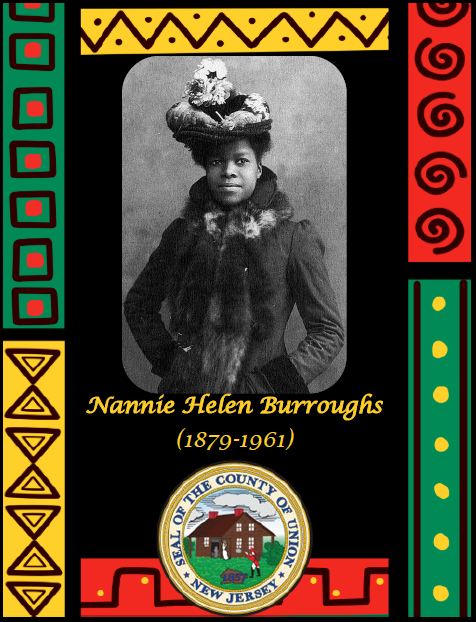
Nannie Helen Burroughs was a suffragist, educator and organizer, as well as a mentor to the Rev. Martin Luther King Jr., who worked to integrate labor reform into the movement for voting rights. She launched the National Association of Wage Earners in 1921, a labor union for Black domestic workers.
Burroughs also established the National Trade School for Women and Girls to combat labor exploitation through education, helping improve working conditions and expand career pathways for Black women.
“To struggle and battle and overcome and absolutely defeat every force designed against us is the only way to achieve.”
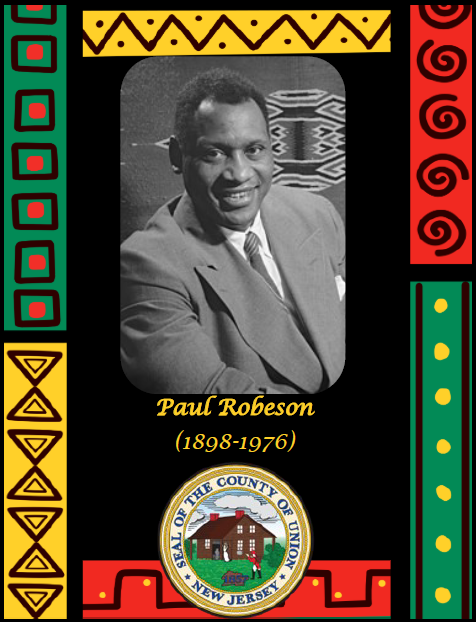
Paul Robeson was a pioneering African American singer, actor, and activist born in New Jersey, became a strong advocate for labor rights and economic justice. A world-class performer, Robeson used his platform to support workers’ struggles globally, believing that the fight for racial equality was inseparable from the fight for economic justice.
He was deeply involved in labor movements and supported workers’ rights in the U.S. and abroad, performing at rallies and using his fame to push for solidarity among workers. Robeson also championed civil rights, speaking out against racial segregation and inequality, and was an outspoken critic of imperialism.
His commitment to global social justice and workers’ empowerment made him a key figure in the intersection of labor and civil rights activism during the 20th century.
“The artist must elect to fight for freedom or slavery. I have made my choice. I had no alternative.”

William M. Ashby was a dedicated social worker and civil rights advocate who focused on improving labor and economic opportunities for African Americans, particularly in New Jersey. As the first executive secretary of the Newark Urban League, he fought against systemic discrimination in employment, striving to secure fair wages and better working conditions for Black workers.
He also addressed housing inequities by establishing the “Ashby Apartments,” offering affordable housing to laborers and their families who faced systemic barriers. Through his advocacy, Ashby connected the struggles of labor with broader civil rights issues, helping to lay the foundation for economic justice and equality in the workplace.
“We must work toward a society where opportunities are not dictated by race, but by the content of one’s character and the effort one is willing to make.”
